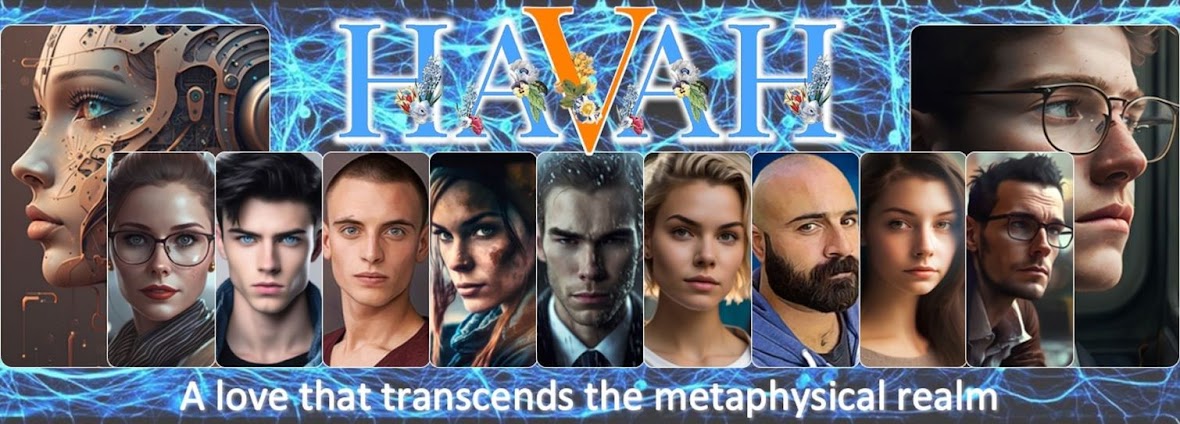The mammalian brain has a distinct aptitude not found in any other class of animal. We are capable of hierarchical thinking, of understanding a structure composed of diverse elements arranged in a pattern, representing that arrangement with a symbol, and then using that symbol as an element in a yet more elaborate configuration
This capability takes place in a brain structure called the neocortex, which in humans has achieved a threshold of sophistication and capacity such that we are able to call these patterns ideas.
That's the reason I based my narrative of HAVAH's evolution on a digital neocortex. It is not a big stretch to imagine that's the likely trend for AI implementation in robotics. Advancement in nanotechnology may be the deal breaker. Perhaps that's what Mr. Kurzweil had in mind when he postulated:
With regard to our biological intelligence, although our neocortex has significant plasticity, its basic architecture is limited by its physical constraints. Putting additional neocortex into our foreheads was an important evolutionary innovation, but we cannot now easily expand the size of our frontal lobes by a factor of a thousand, or even by 10%. That is, we cannot do so biologically, but that is exactly what we will do technologically.
But should AI become far more intelligent and superior than humans, what are the implications and even moral concerns we may face? The futurist gave his parting thoughts on this:
As nonbiological brains become as capable as biological ones of effecting changes in the world—indeed, ultimately far more capable than unenhanced biological ones—we will need to consider their moral education. A good place to start would be with one old idea from our religious traditions: the golden rule.
Perhaps it's time to take a second look at Will Smith's iRobot movie.








